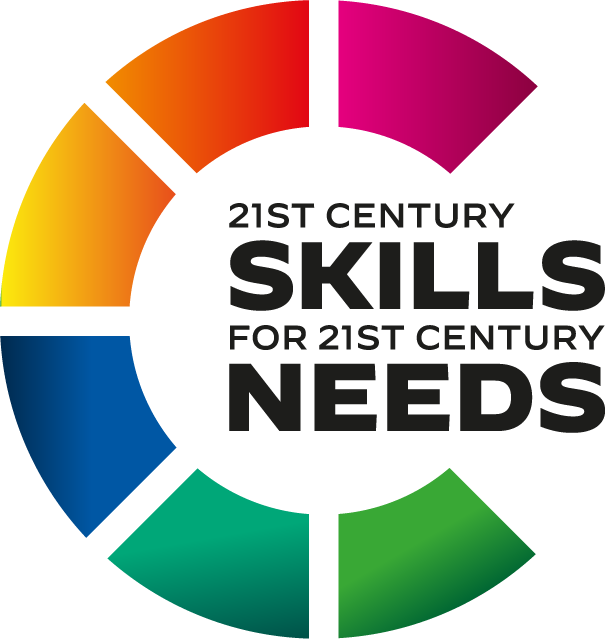The 6 C’s and Sport - Romania
Which of the 6 C’s did you choose to focus on?
As all 6 global competencies are very closely interconnected within the non-formal learning activities, we have chosen different aspects from the following C’s:
• Citizenship:
• Collaboration:• Communication
• Creativity
• Critical Thinking
Why did you choose them? (What did you want the students to develop?)
Different aspects from the chosen global competencies are complementary and necessary for students development of their life and social values.
So, we have focused on the below details that we want the students to develop:
• To explore global problems (using deep understanding and different values and worldviews)
• Empathy and ability to care for others
• To cooperate in teams
• Interpersonal abilities and team-related abilities
• Social, emotional and intercultural abilities
• To learn from others and contribute to other people’s learning
• Ability to communicate in a purposeful way using a variability of methods ability to do something with your ideas
• Ability to solve problems
• Ability to explore, reflect upon and follow up ideas in real life
Which activities did you selected to support the development of these C’s?
Sport is very active with lots of emotions being a a tool for development of these C’s. We have selected different customised games as exercises that can naturally be developed and changed to the needs of the target group and the context we work in.
We consider that the physical activities are the most enjoyable actions by the students and combining the educational purpose with physical activity offers an effect not only deliver a setting that supports personal development and social skills training in general, but participants might also see its purpose for social change. By linking the exercise / games to very concrete situations and real-life experiences, the reflection might succeed to a level where they see their individual impact as citizens on social transformation as well. The physical activity puts a stronger emotional connection to the experience because the facilitator offer a learning environment where an assessment of social structures is possible. Sport gives both, emotional (winning-losing) and physical challenges.
How did you experience the impact of the ac1vi1es on the students?
Besides the funny and recreative way, the participants of the experience reflected together in a guided debriefing process and gives to all of them not only the chance to reflect their own behavior, but also to reflect on the whole situation and connect it to their everyday lives and to society itself.
After these activities, the students go through the change themselves and they will be able to use the new competencies they have learnt.
Using customised games into the objective of 6 C’s development, it creates a new dimension of growing the social and life skills because it combines the learning experience with a conscious personal reflection process.
